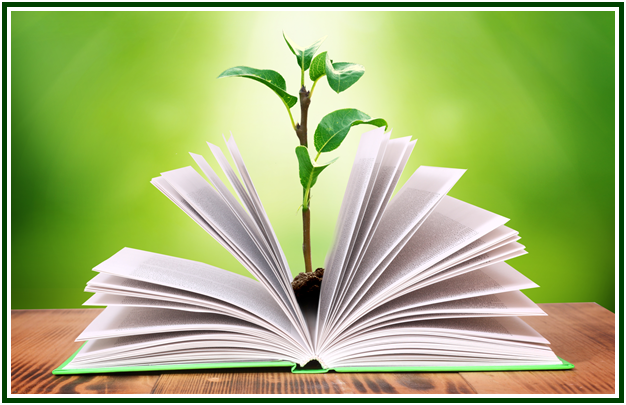
One is Supposed to Enter the
Atmosphere of Divine Wisdom
Carlos Cardoso Aveline

Sylvia Cranston makes it clear in her extraordinary biography of Helena P. Blavatsky that the creation of an esoteric school of theosophy in 1888 took place because William Q. Judge had asked for it, and because he helped work on its creation. [1]
Blavatsky’s school did make enough recommendations for the daily life of the student.
In Platonic language one should say that the student himself is the lens through which he must look at the world.
The daily discipline allows him to keep his lens clean. Yet in authentic theosophy “daily discipline” is the opposite of “daily routine”. Routine is tamasic: “discipline”, on the other hand, is literally the state of the disciple; it refers to the attitude of the learner, the activity of the searcher, the seeker.
Therefore the original esoteric school of HPB had no rigid physical plane observances in the mechanistic aspect of life.
One is supposed to enter the atmosphere of divine wisdom, and there will be a need to be creative. Innovation is of the essence in life: challenges renew themselves every minute. Concentration is not rigidity. Outer flexibility adds strength to inner firmness.
Still, the (largely self-devised) daily discipline of the learner makes the difference if he wishes to learn and live the wisdom behind the wording.
NOTE:
[1] Before that, the workings of a school took place in a more informal way, with HPB giving assistance to individuals and small groups of students here and there. See for instance her text “Learning From Each and Every Event”, which can be found in our associated websites.
000
The above article was first published at “The Aquarian Theosophist”, April 2014, pages 3-4. It had no indication as to the name of its author.
000
In September 2016, after a careful analysis of the state of the esoteric movement worldwide, a group of students decided to form the Independent Lodge of Theosophists. Two of the priorities adopted by the ILT are learning from the past and building a better future.
000